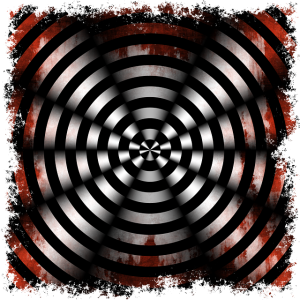Many parents think that small babies don’t need any type of sensory advancement until they’ve already reached a time where they’re actively responding and fascinated with the source. In fact a child’s sensory development commences as soon as they come into the modern world. Presenting them to sounds, music and lights at a early age will help your baby’s sensory development in ways you possibly will not have thought possible in such a youngster. Just how does it do this?
Reading to a baby can be an intimate bonding experience. You child is getting accustomed to your voice, and reading to the baby will give them peace. A parent’s voice is naturally soothing to a baby, as it is one of the few things that they can quickly recognise. From only a few weeks old, your baby is able to make positive associations with being read to by a parent. Not only will this help your baby bond with you, and recognise your voice, but it will also help them to develop their own voice. It has also been shown that babies that are read to regularly have a greater chance of learning to read at a younger age.
However, sound benefits to babies is not limited to simply reading to them. It has been widely accepted that music can also be not only beneficial, but therapeutic to young babies. Babies recognize rhythmical patterns – this is why a rocked baby is more likely to fall asleep that a stationary one. Music can help calm and soothe their minds, and studies have shown that many children respond physiologically to music, with lowered heart rates, more peaceful states and even speeding up the development of basic motor skills.
The issue of lights with babies, artificial or not, is often a contentious topic. Should babies have a night light? Should they be introduced to toys with flashing lights? What many parents don’t realise is that it takes many months for a child’s eyes to develop to point of recognising light in the same way as an adult. This is why night lights for very young babies can be set surprisingly brightly – the room does not appear nearly as brightly to the child as it does to the adult! Providing babies with some light when they are in their crib can be very beneficial, as it allows them to examine their surroundings when awake, and avoids the panic of a baby waking up in a pitch black room.
Sensory development is key to a baby’s physical development, and the earlier you start, the more quickly your child will develop and respond.
